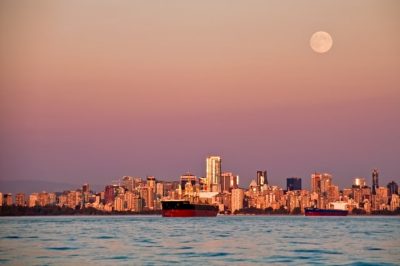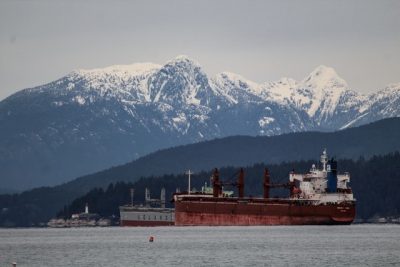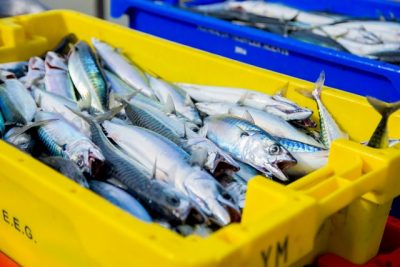
Photo by James Wheeler on Unsplash
The ‘back of the envelope’ estimate could be used by non-economists to work out a baseline of what oceans contribute to the economy, as part of achieving the United Nations’ goal of sustainable oceans by 2030.
Senior author Dr. Rashid Sumaila, professor in the Institute for the Oceans and Fisheries and school of public policy and global affairs, discusses why this value is likely an underestimate when the living ocean’s full contribution is taken into account.
Why do we need to know the ocean’s worth?
Countries, including Canada, have committed to the United Nations goal of sustainable oceans by 2030. That means policy makers and the like need a baseline understanding of the ocean’s contribution to the economy. As well, knowing how much the ocean gives us can help demonstrate another reason why it’s important to protect the ocean.
These kinds of assessments need to be accessible to non-economists who are working on ocean management, decision-making, and more. We put together a ‘back of the envelope’ framework which is easy to apply, using British Columbia’s ‘ocean sector’ as a case study.
We looked at six sectors including wild fisheries, marine recreation and tourism, cruise lines, and marine transportation, and found the ocean generated about $4.9 billion to gross domestic product (GDP), and more than 106,000 jobs in 2015. The marine transport sector, including marine shipping, made the highest overall contribution to GDP, followed by cruise lines, with GDP contributions of 66 per cent and 13 per cent, respectively.

Photo by Unma Desai on Unsplash
Why is this an underestimate?
Because we wanted to make an easy-to-use-framework, we included only sectors that are most closely linked to the ocean. This means activities that are further removed from the ocean, like research and education, and professional services were excluded.
Crucially, we didn’t include things like ecosystem services provided by the ocean including water purification and carbon sequestration, as well as cultural value. Including these kinds of benefits would raise the total contribution significantly, including that the ocean sectors that rely on a living ocean would be worth as much or more than those that just require water as a transportation mode.
This paper covers the economic contribution of the ocean, but once you get this initial estimate, it raises additional questions. This is a starting point for policy – a quick way to generate some sort of informed decision.
Should this change how we value the ocean?

Photo by Richard Bell on Unsplash
Using market values to measure the worth of an environmental resource like the ocean, and then basing policies on this worth, is misguided.
Messing up our ecosystems because of this would be catastrophic: human well-being is undeniably linked to the marine ecosystem. This estimate could be used to sound the alarm on just using market values to estimate the worth of the ocean. That’s why we’re in a mess in many instances because we only look at dollar values.
Policy makers need to think comprehensively about the values involved, and ensure they understand that market values are not the full picture, otherwise you end up making some faulty decisions.
Tags: British Columbia, faculty, FERU, fisheries economics, ocean economy, Rashid Sumaila, Research, sustainability, Sustainable Development Goals (SDG)